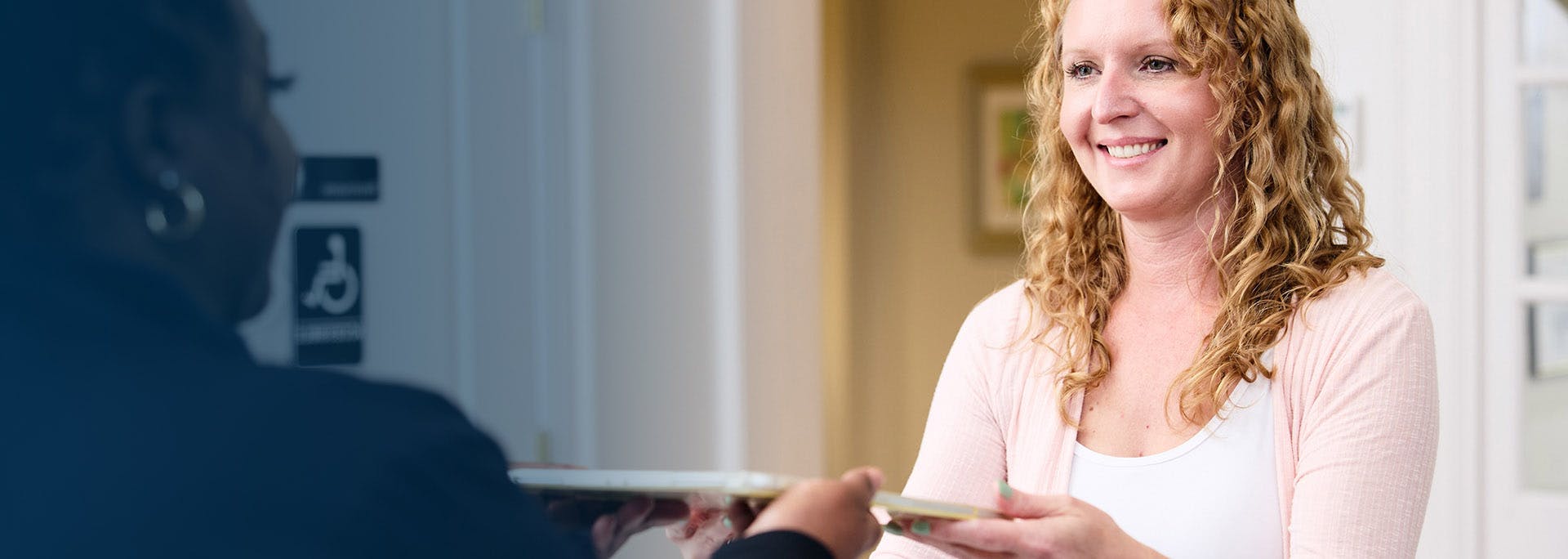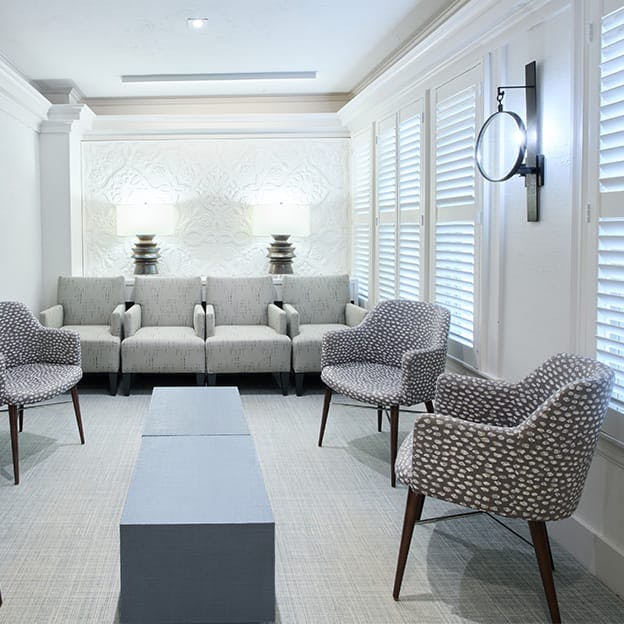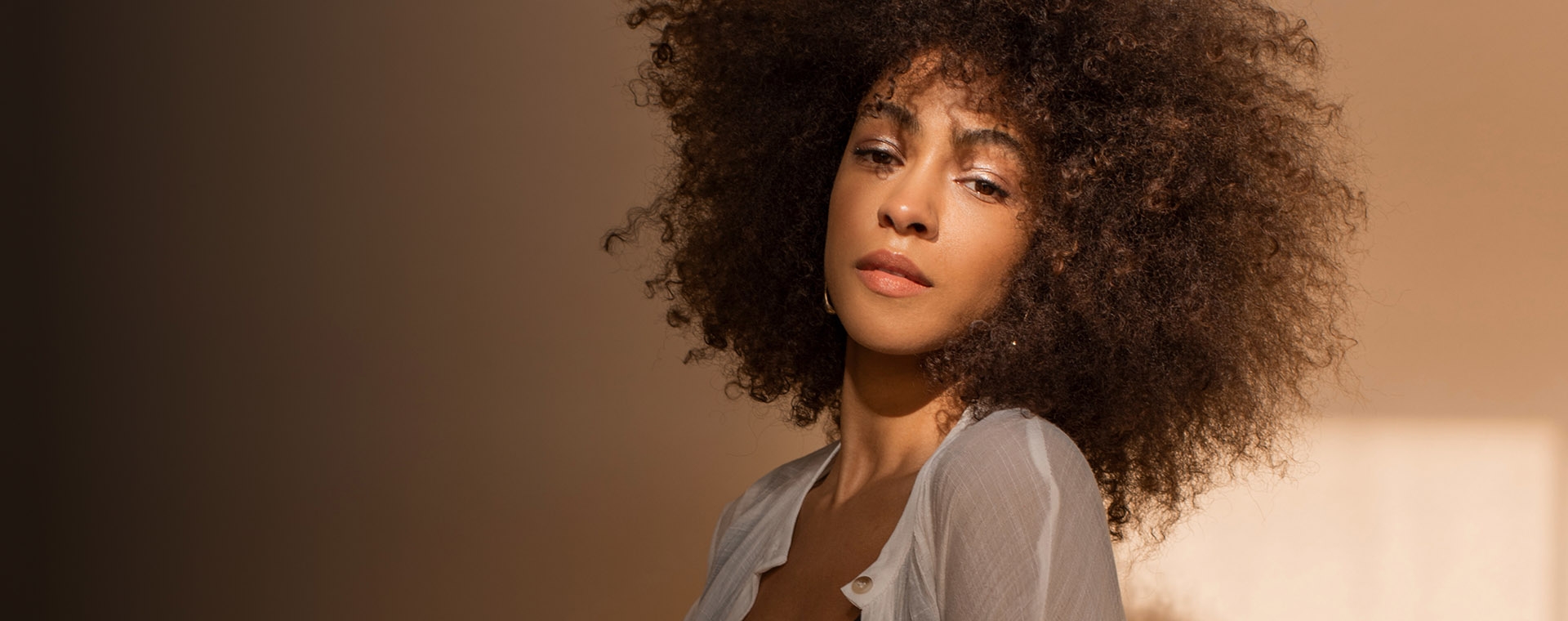Why Undergo Female Rhinoplasty?
There are multiple reasons why a woman may choose to pursue cosmetic rhinoplasty. She may wish to address a bulbous, upturned, or drooping tip; correct a prominent dorsal hump; improve nasal symmetry; reshape the nostrils; or simply obtain a nose that is better suited to her face. As a side benefit of rhinoplasty, breathing may improve, and structural concerns, such as a deviated septum, can be addressed by the surgeon at the same time as cosmetic issues.






